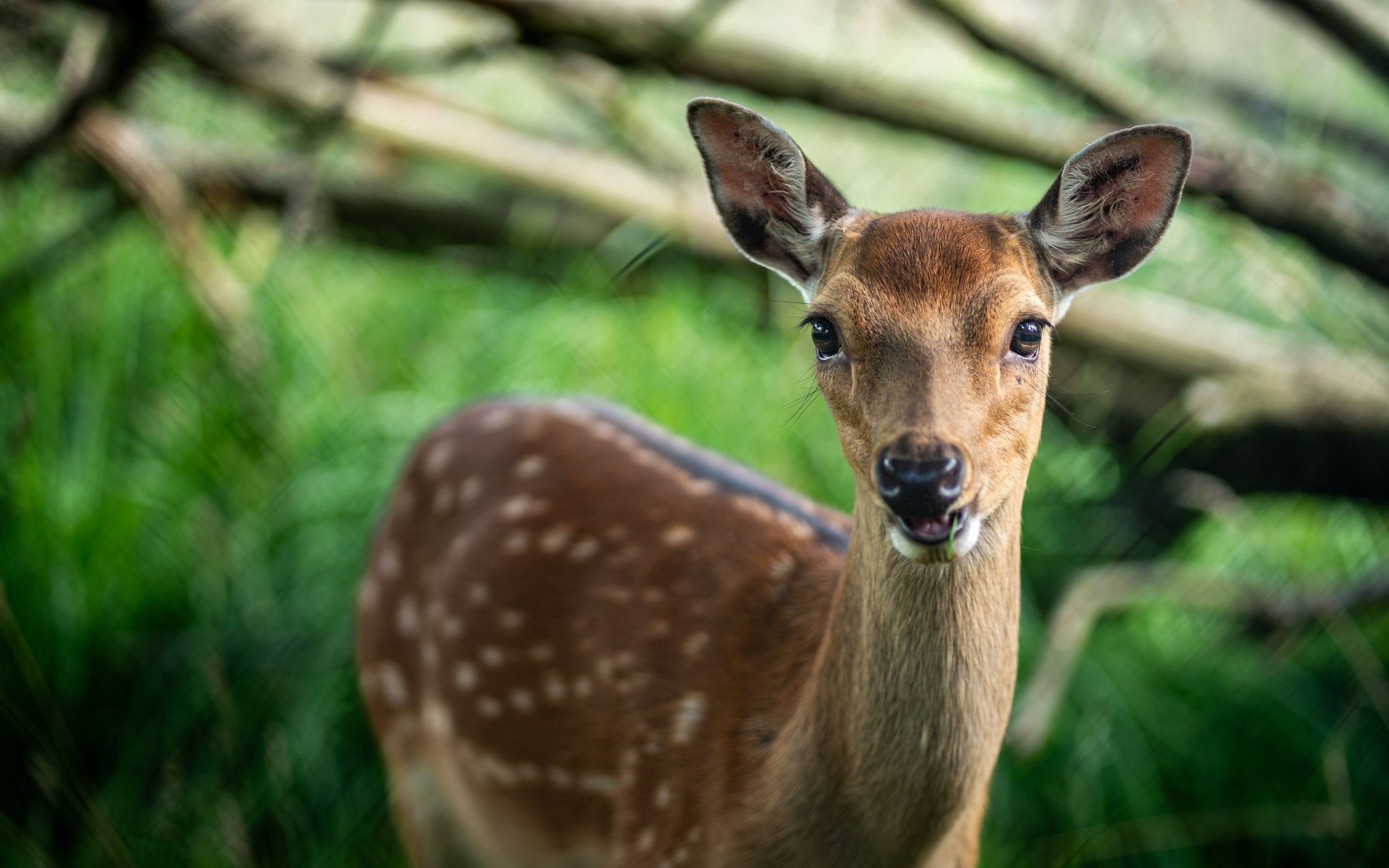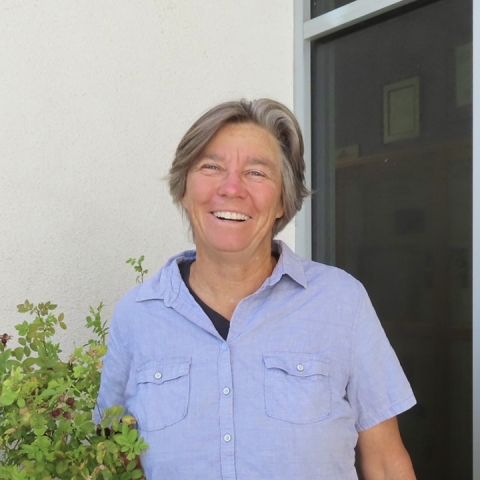UCSB study helps wildlife safely cross Gaviota Pass

A wildlife crossing at Gaviota Pass is getting a $10 million upgrade thanks to findings from a UC Santa Barbara study. The project, led by Caltrans, will expand a culvert under Highway 1, allowing animals like bears, cougars and deer to safely travel between coastal areas and Los Padres National Forest.
The project follows a UCSB study of roadkill commissioned by the Coastal Ranches Conservancy, which identified the need for better wildlife connectivity in the area. The study’s findings helped shape the current endeavor, which aims to reduce collisions between animals and vehicles while preserving the region’s rich biodiversity.
“Using a combination of resources from CalTrans, UC Davis’s CROSS database of road kill and GBif (Global biodiversity database), as well as the Cheadle Center collections and i-naturalist data, we were able to identify several hotspots for road kill that need to be addressed,” said study co-author Lisa Stratton, director of ecosystem management for UCSB’s Cheadle Center for Biodiversity and Ecological Restoration. “Following that work, Professor Hillary Young McCauley’s lab conducted research demonstrating that coastal resources are vital for inland wildlife and connections under 101 along the Gaviota Coast are crucial for wildlife connectivity.”
The research by UCSB combined with work by the Coastal Ranches Conservancy led to a follow up study by CalTrans to further study wildlife crossing needs near the Gaviota tunnel.
The Gaviota Coast is part of the California Floristic Province, a rich zone of biodiversity that faces threats from sea-level rise. The project is funded through the 2021 Bipartisan Infrastructure Law and is the only one in California to receive federal funding in 2023.




